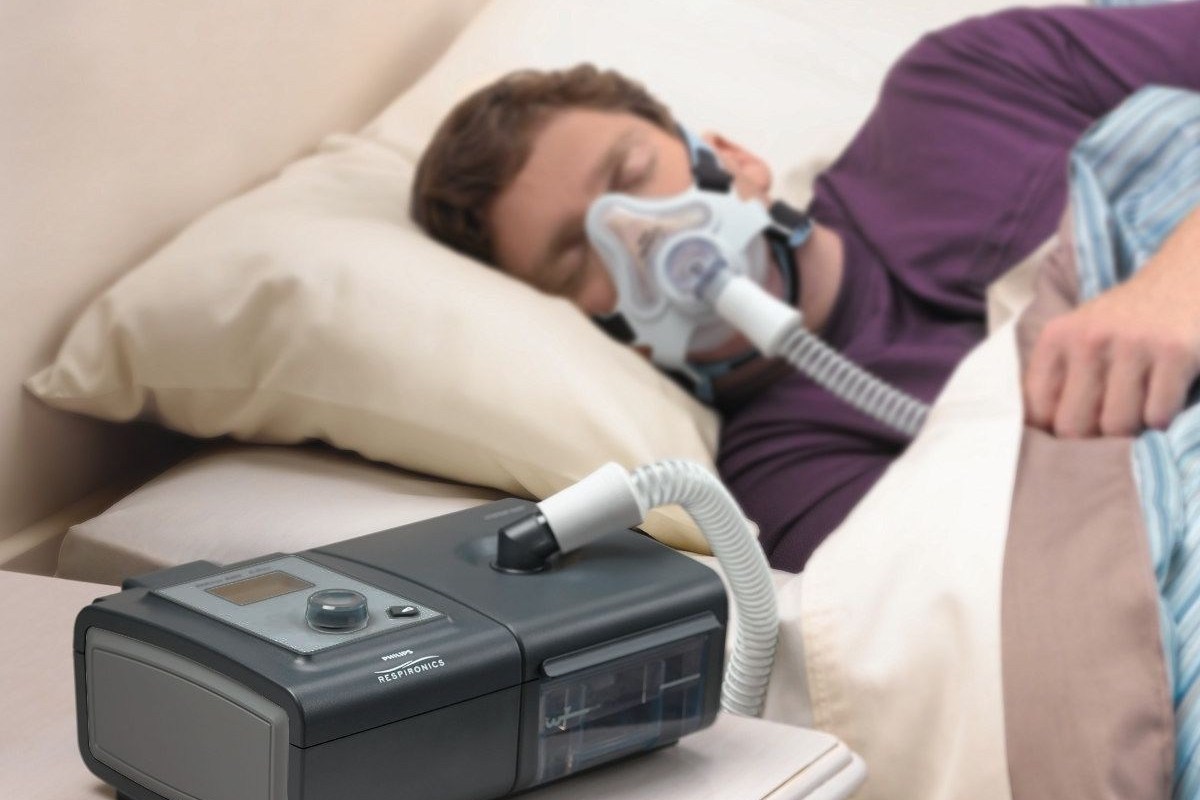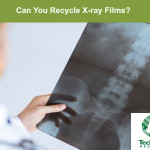Recycling of Durable Medical Equipment for Home Health Care
Home health care involves visits to patients’ homes from medical practitioners to provide treatments that is often more convenient and less expensive than what patients would receive in a skilled nursing facility or hospital, and often just as effective. In addition to home health care services, physicians may also prescribe or suggest durable medical equipment for home use that helps to maintain patients’ quality of life. Patients and family members can choose to rent or purchase these types of equipment.
However, one way or another, durable medical equipment will either no longer be needed or wear out entirely. When that happens, TechWaste Recycling can help home health agencies and rental companies to dispose of unneeded or unusable DME.
Characteristics and Types of Durable Medical Equipment
Durable medical equipment is a broad term describing any medical supplies or equipment intended to provide support for living at home with a certain medical condition. DME is intended for at-home use, usually on a long-term basis. It is often prescribed by a physician, similarly to medications, and if deemed medically necessary, the patient’s health insurance may cover purchase price or rental costs.


CPAP Machines
Many types of sleep therapy machines are on the market, but a CPAP (Continuous Positive Airway Pressure) machine is the most common. A CPAP machine sends a constant flow of airway pressure to the user’s throat ensuring the airway stays open during sleep. This effectively treating the spontaneous pauses in breath associated with sleep apnea.
A CPAP device sends airflow through tubing to a face mask. Masks can either be “Cushion” style or full “Headgear” depending on individual needs. The mask covers the nose or face, depending on the user’s situation.
The actual CPAP therapy machine is a small bedside unit which the tubing and mask connects to and controls the flow of air to the user. The machine has a variety of electronics in that can be recycled or reused in other medical settings. CPAP machines are very common in home health settings to assist elderly patients and their nighttime breathing needs.
BiPap Machines
Some medical problems can make it difficult to breathe. In these cases, patients might benefit from bilevel positive airway pressure, commonly known as “BiPap” or “BPap.” It is a type of ventilator—a device that helps with breathing. A BiPap machine pushes air into the lungs. By wearing a mask or nasal plugs connected to a ventilator, the machine supplies pressurized air into airways. It is called “positive pressure ventilation” because the device helps open lungs with this air pressure.
While often used for sleep apnea like the CPAP machines, BiPap machines are more often prescribed for use when a patient suffers from COPD, Overlap Syndrome, obesity hypoventilation, or another health condition with an obstructive or restrictive component that affects breathing during sleep. The machine pressurizes the air to a higher level than the air in the room, and so it helps a person to take in oxygen and exhale carbon dioxide. Use in the home is common for BiPap machines as it is usually prescribed as part of on-going breathing treatments for chronic, long-term ailments.
Oxygen Tanks and Oxygen Concentrators
People with lung conditions, such as cancer or emphysema, may benefit from supplemental oxygen therapy in the form of tanks or concentrators. Tanks contain compressed oxygen, and once empty, can be refilled or recycled. In either case, they must be handled carefully because oxygen in its compressed state is considered a hazardous material.
Concentrators contain no oxygen. Rather, they work by drawing air from the atmosphere and refining the oxygen. This makes them more portable and convenient than tanks, but also more expensive. Though an oxygen concentrator can last up to 10 years, it runs on batteries that will eventually need replacement.
Rental Versus Purchase
The price to purchase durable medical equipment is sometimes prohibitively expensive for patients and families, and insurance may not cover the entire cost. In these instances, renting the equipment from a home health agency or medical equipment provider is more cost effective. Receiving the equipment back when it is no longer needed allows medical equipment providers and home health agencies to reuse the equipment and help more families. Eventually, however, the equipment will wear out and need to be disposed of properly.
For home health agencies and rental companies that need to dispose of unusable or outdated home health care equipment, TechWaste Recycling is the answer. Contact us today for a pickup.










































